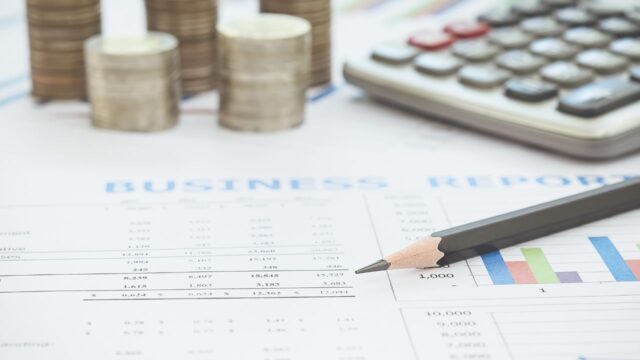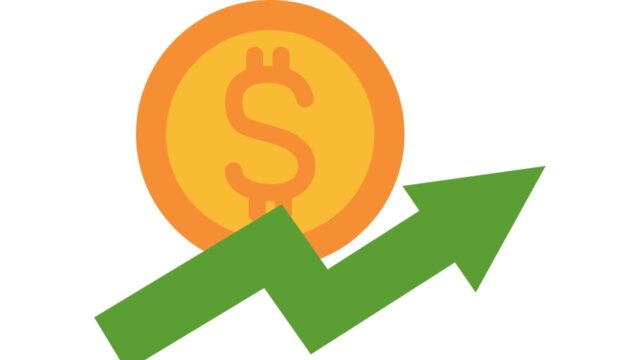Quantitative Trading
What is 'Quantitative Trading' Quantitative trading consists of trading strategies based on quantitative analysis, which rely on mathematical computations and number crunching to identify trading...
Quick-Rinse Bankruptcy
What is 'Quick-Rinse Bankruptcy' A bankruptcy proceeding that is structured to move through legal proceedings faster than the average bankruptcy. The term...
Quarterly Income Debt Securities (QUIDS)
What is 'Quarterly Income Debt Securities - QUIDS' A debt instrument offering guaranteed quarterly payments directly to the shareholder by the parent...
Questioned Document Investigation
What is 'Questioned Document Investigation' An in-depth look into a document which is being questioned in the case of fraud, forgery, etc....
Quasi-Public Corporation
What is a 'Quasi-Public Corporation' A type of corporation in the private sector that is backed by a branch of government that...
Qualifying Transaction
What is 'Qualifying Transaction' A type of transaction that occurs when a company issues public stock in Canada. A qualifying transaction occurs...
Quality Of Earnings
What is 'Quality Of Earnings' The quality of earnings refers to the amount of earnings attributable to higher sales or lower costs rather than artificial...
Qualified Savings Bond
What are Qualified Savings Bonds Qualified savings bonds are a type of investment that can offer certain tax advantages for taxpayers who meet the eligibility...
Qualified Higher Education Expense
What is 'Qualified Higher Education Expense' Expenses such as tuition and tuition related expenses that an individual, spouse, or child must pay...
Quiet Title
What is a Quiet Title Action A quiet title action is a legal proceeding used to establish the ownership of real estate when there are...


































